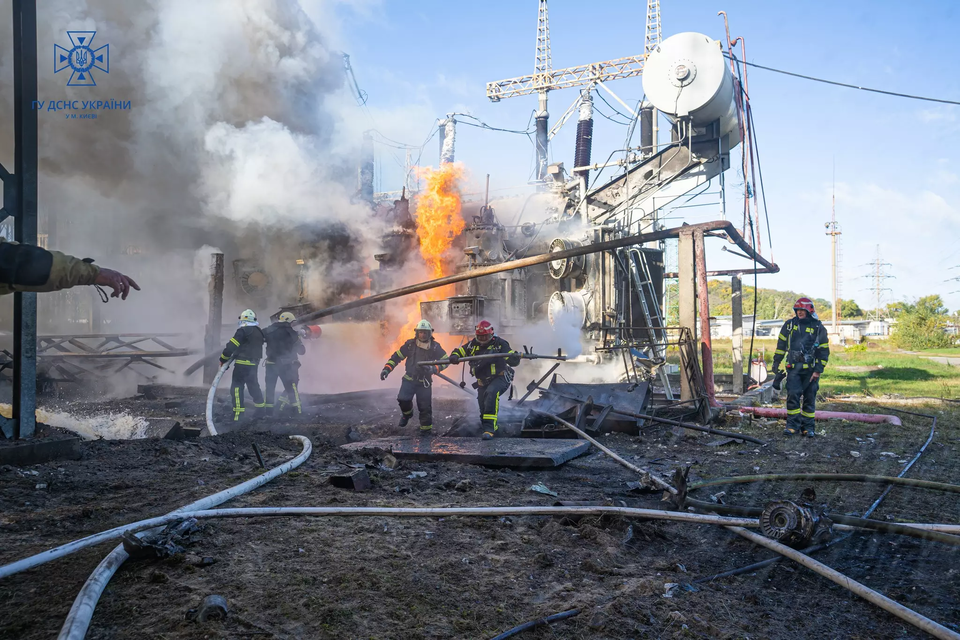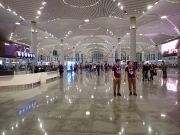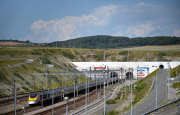
The UK’s Ambassador Holland strongly condemned Russia’s repeated attacks on Ukraine’s energy infrastructure, saying they’re worsening the humanitarian crisis and putting nuclear safety at
risk. He also warned that Russia’s so-called settlement proposals would only last until Moscow wanted more, adding that any deal rewarding territorial theft would just set the stage for another war.
Thank you, Chair. Last weekend, Russia again struck Ukraine’s power system with large waves of drones and missiles, killing civilians, damaging energy facilities across multiple regions and triggering blackouts.
Russia has insisted that it targets only military-relevant facilities and that anything short of plunging Ukraine into total darkness – which would bring with it a nuclear catastrophe – was showing restraint. This argument collapses on contact with the facts.
The UN Human Rights Monitoring Mission has assessed Russia’s campaign against Ukraine’s electricity network as likely violating international humanitarian law because of its predictable, severe and widespread civilian impacts on heating, water, sanitation, healthcare and education. Recurrent strikes on energy infrastructure are not restraint. They are deepening humanitarian harm as winter approaches.
These attacks also endanger nuclear safety. The IAEA has warned repeatedly that degrading Ukraine’s external power supplies and striking grid nodes that feed nuclear facilities create a persistent risk to reactor and spent-fuel cooling. We are one accident away from a catastrophe for the region. Recent incidents forcing plants to use backup power underline how fragile safety margins are in a war zone.
True to form, Russia returns to deception and deflection, using its disinformation machine to spread lies of “western sabotage” rather than demonstrate some responsible behaviour.
Chair, we do not doubt the sincerity of Russia’s stated desire for a “long-term settlement” to this war. For Russia, it has been a strategic disaster, has sadly resulted in more than a million Russian casualties, and has led Russia’s economy into very troubled waters. But what Russia actually wants is to bake its violation of our shared principles into any settlement. To force Ukraine and the rest of us to accept aggression as the new normal. Its so-called conditions for peace would reward invasion, legitimise occupation, and give Russia a veto over its neighbour’s future. That is not peace: it is coercion dressed up as diplomacy. And it would not be for the long-term: it would last only until Moscow decided that it wanted more.
Russia has argued that its security interests need to be considered in any settlement. In fact, the UK agrees with this. But we believe that Russia’s security interests – like the rest of ours – are best served by respecting the principles and laws that we have all collectively agreed. But when the Kremlin talks of its security interests, it does not mean the many; it means the few.
The UK remains strongly in support of peace – and has been firmly behind US and Ukrainian efforts to end this war.
A just and lasting peace is not a slogan; it means upholding the foundational principles of global peace and security that we have all committed to. A settlement that rewards territorial theft would only guarantee future war. Peace built on justice and shared principles can endure. Peace built on fear and force will not.
Thank you.
Photo by Main Directorate of the State Emergency Service of Ukraine in Kyiv, Wikimedia commons.






































